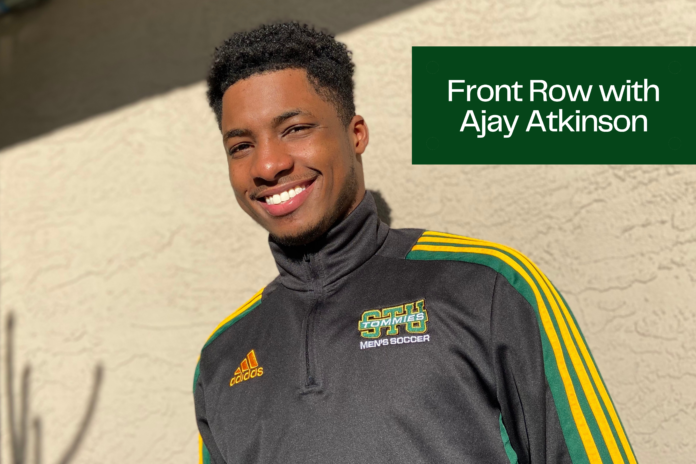

Professional athletes have an immense platform that allows them the opportunity to mitigate many social issues. The platform is often used to raise political awareness, as we have come to notice in recent times. One of the most prevalent political actions taken by athletes today stems from the initial decision taken in 2016 by former National Football League quarterback Colin Kaepernick, when he knelt during the playing of the United States anthem.
This was a means of protesting against the violence and police brutality towards Black people in the U.S. Some believe the termination of his NFL contract in 2017 was because of his actions. He received heavy backlash from the board of officials and the U.S. President, Donald Trump.
Athletes do have the right to use their intuition to decide what issues to address with the platform they have.
Kaepernick’s protest began shortly after the police murdered Mario Woods in December 2015. Similar protests emerged following the police’s brutal murder of George Floyd in May. Since then many athletes have taken to social media to protest, including National Basketball Association star LeBron James.
James posted mirrored images of Kaepernick taking a knee during the national anthem at NFL games and the image of the officer kneeling on George Floyd’s neck. He captioned it “this is why we kneel,” in support of Kaepernick. Floyd’s murder along with the prior murder in March of Breonna Taylor led to a string of protests and riots after another.
Since then, James and other athletes have been vocal about the wake in police killings and brutality. The restart of the NBA, after a temporary pause due to the COVID-19 pandemic, emerged with several changes. Players came together and sported apparel with the trending “Black Lives Matter” movement, while others opted to show their support by wearing the names of those who have fallen victim to police brutality on their personal clothing.
The athletes did not stop there. Many threatened to boycott the NBA season if justice was not granted for the gruesome murders by the police. The NBA, which accumulates an average of 20 million viewers per finals game, there is no question athletes possess the platform for their voices to be heard in a political landscape.
The NBA and the NHL, which are two of the most-viewed sports in North America, could easily raise awareness to the issue of police brutality and racism. The notion to boycott the NBA and NHL in support of peaceful protests is welcomed if it can raise awareness or bring attention to the prevalence of racism and police brutality within society. Many of these athletes are African Americans who have, mothers, fathers, siblings, children and other relatives who are Black people living in fear of their lives.
There is a place for politics in sports. But only to an extent. Where there are underlying issues in society that athletes can raise awareness about, there should be unified support of this initiative. They are influencers within society and should be allowed to use their presence and platform to pilot society in the direction that the government often fails to.
Since various athletes and sports organizations took the initiative to raise awareness and protest police brutality and racism, society has been forced to pay attention to the injustices and speak out. Credit to these athletes who have come together to use their platform and voice their concerns to make a difference in society. The marathon continues.
